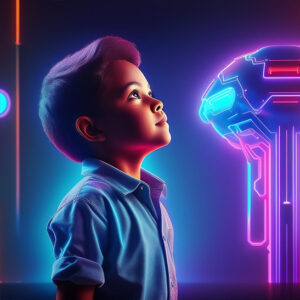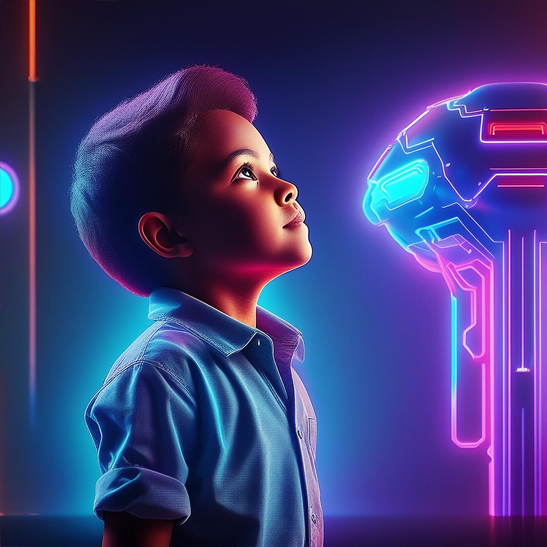 10 Misconceptions About AI
10 Misconceptions About AI
When it comes to technological advancements, few subjects spark as much curiosity and controversy as artificial intelligence (AI). From science fiction fantasies to real-world applications, AI has captured the imagination of people everywhere. However, amid the fascination, numerous misconceptions about AI persist, often leading to confusion and misunderstanding. In this blog post, we’ll debunk ten of the most prevalent misconceptions about AI.
AI is Human-Like:
One of the most persistent myths about AI is its human-like capabilities. Contrary to popular belief, AI lacks consciousness and emotions. While it can perform complex tasks, it operates based on algorithms and data, without true understanding or awareness.
AI Will Replace Your Job:
A common misconception about AI has generated a widespread fear of job loss. Specifically, the common but exaggerated fear of AI automation. While AI may automate certain tasks, it’s unlikely to replace all jobs. Instead, it’s more probable to augment human capabilities and create new employment opportunities.
AI is Infallible:
AI is not error-proof. Like any technology, it can make mistakes, particularly when trained on biased or incomplete data. Human oversight is essential to ensure AI systems work effectively and ethically.
AI is Always Expensive:
While some AI projects require significant investment, others can be relatively affordable. Open-source tools and cloud computing resources have made AI more accessible, reducing costs for many applications. The Odyssey Digital Automation Platform AIDA (AI Driven Automation) is a great way to implement AI in your organization without the R&D cost. Utilizing a pluggable solution like Odyssey can greatly improve the speed of AI implementation and simplify adoption.
AI Understands Everything:
Despite its advancements, AI struggles with common sense reasoning and contextual understanding. While proficient in specific tasks, it often lacks the holistic comprehension that humans possess.
AI Will Take Over the World:
The notion of AI becoming super-intelligent and dominating humanity is more fiction than fact. There’s no evidence to suggest this scenario is imminent or feasible with current technology.
AI is Always Objective:
AI systems are only as unbiased as the data they’re trained on. If the data contains biases, the AI can perpetuate and even amplify those biases in its decisions, leading to potentially harmful outcomes.
AI Works Completely Autonomously:
While AI can perform tasks autonomously, it often requires human oversight and intervention, especially in critical or complex situations where nuanced judgment is necessary.
AI is a Singular Technology:
AI is a broad field encompassing various techniques and approaches, including machine learning, natural language processing, and robotics. It’s not a single, monolithic technology but rather a collection of diverse tools and methodologies.
AI Will Solve All Problems:
While AI holds immense potential to address many challenges, it’s not a cure-all solution. Its effectiveness depends on careful application within appropriate contexts, with consideration for its limitations and ethical implications.
Dispelling these misconceptions is crucial for fostering a better understanding of AI and its capabilities. By recognizing the realities and limitations of AI technology, we can harness its potential to create positive impacts while mitigating risks. As AI continues to evolve, staying informed and critically evaluating its implications will be essential for navigating the complexities of the digital age. Read more about AI misconceptions versus reality at https://odysseyautomation.com/aida/ and contact us for a demo of AIDA.


